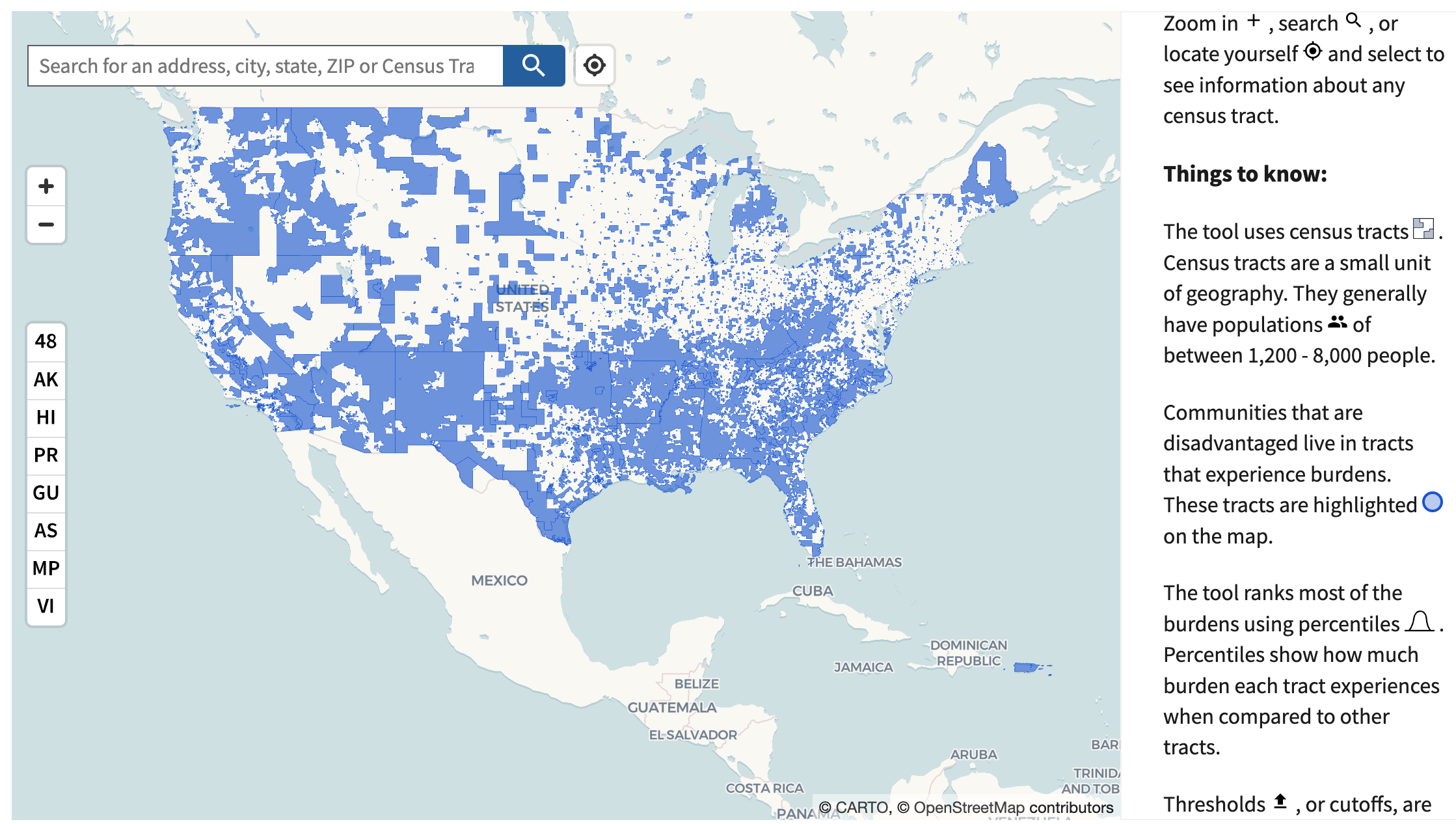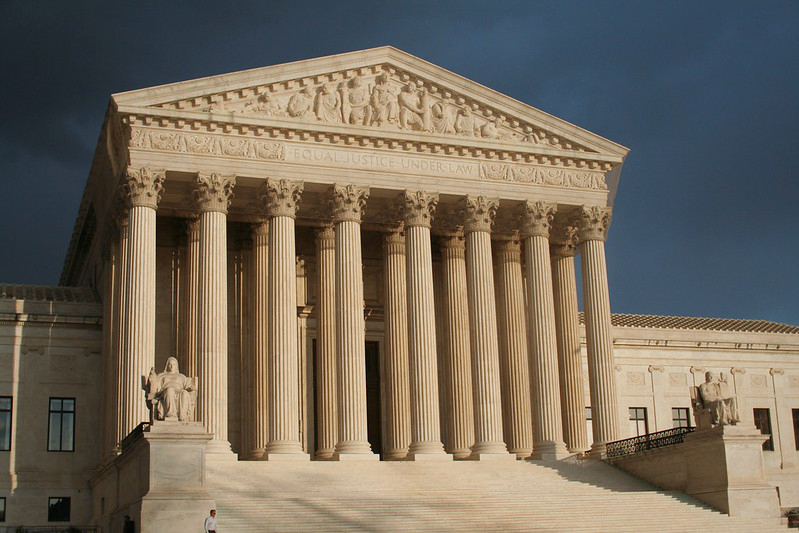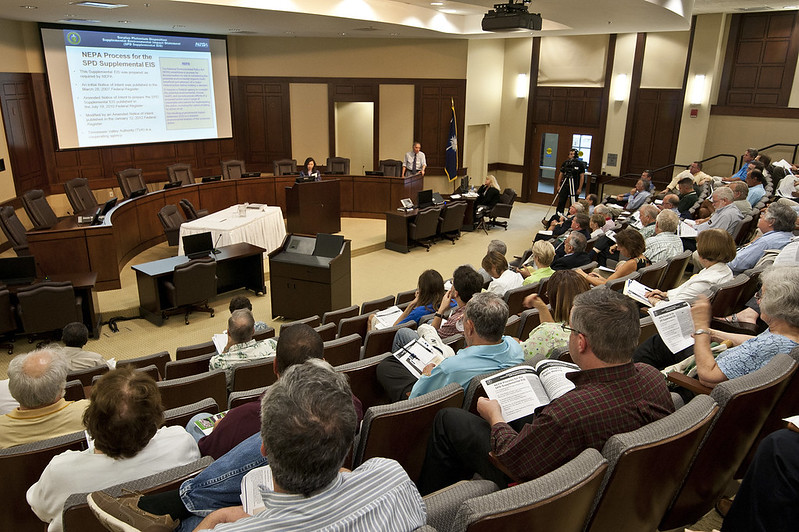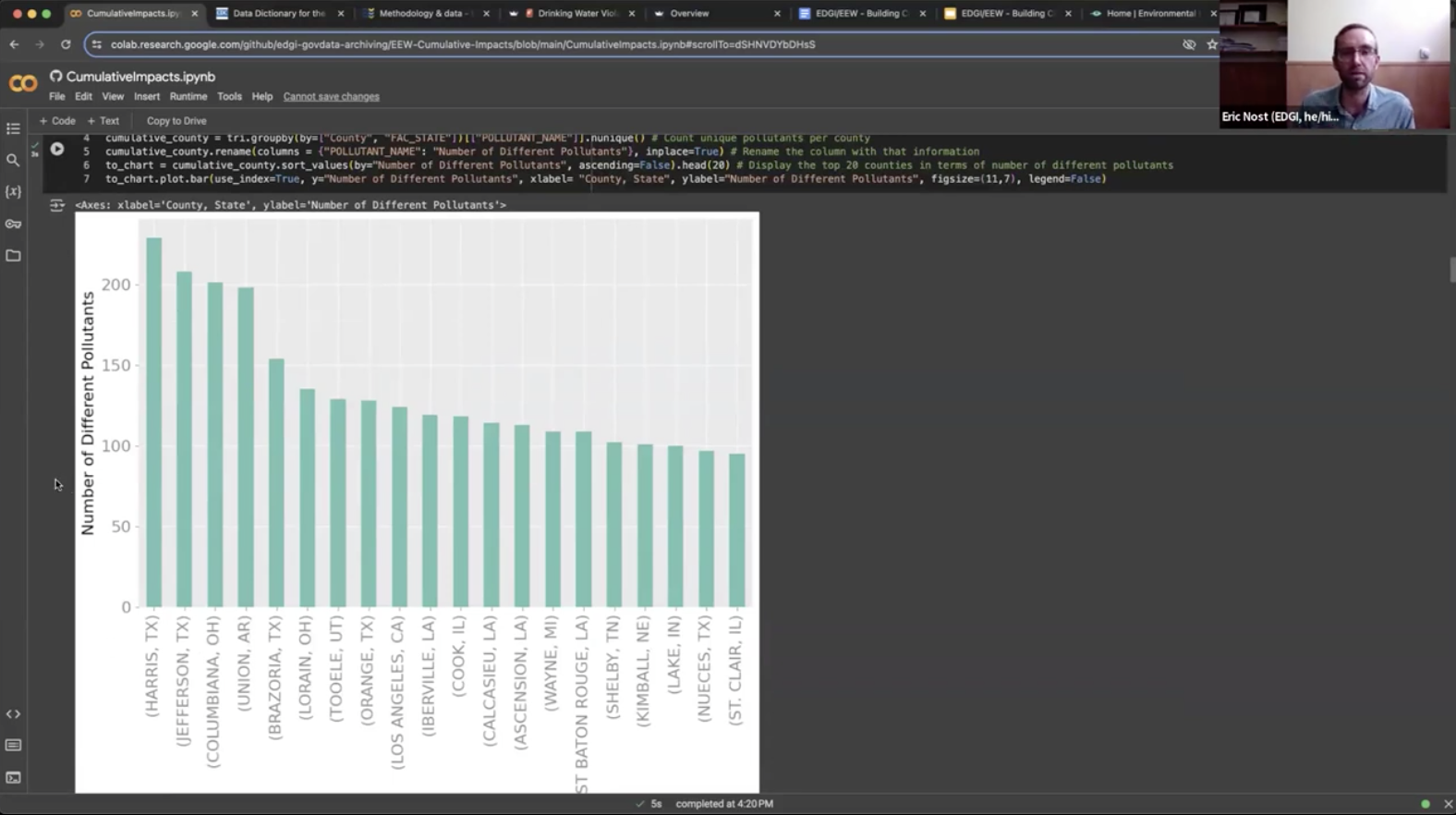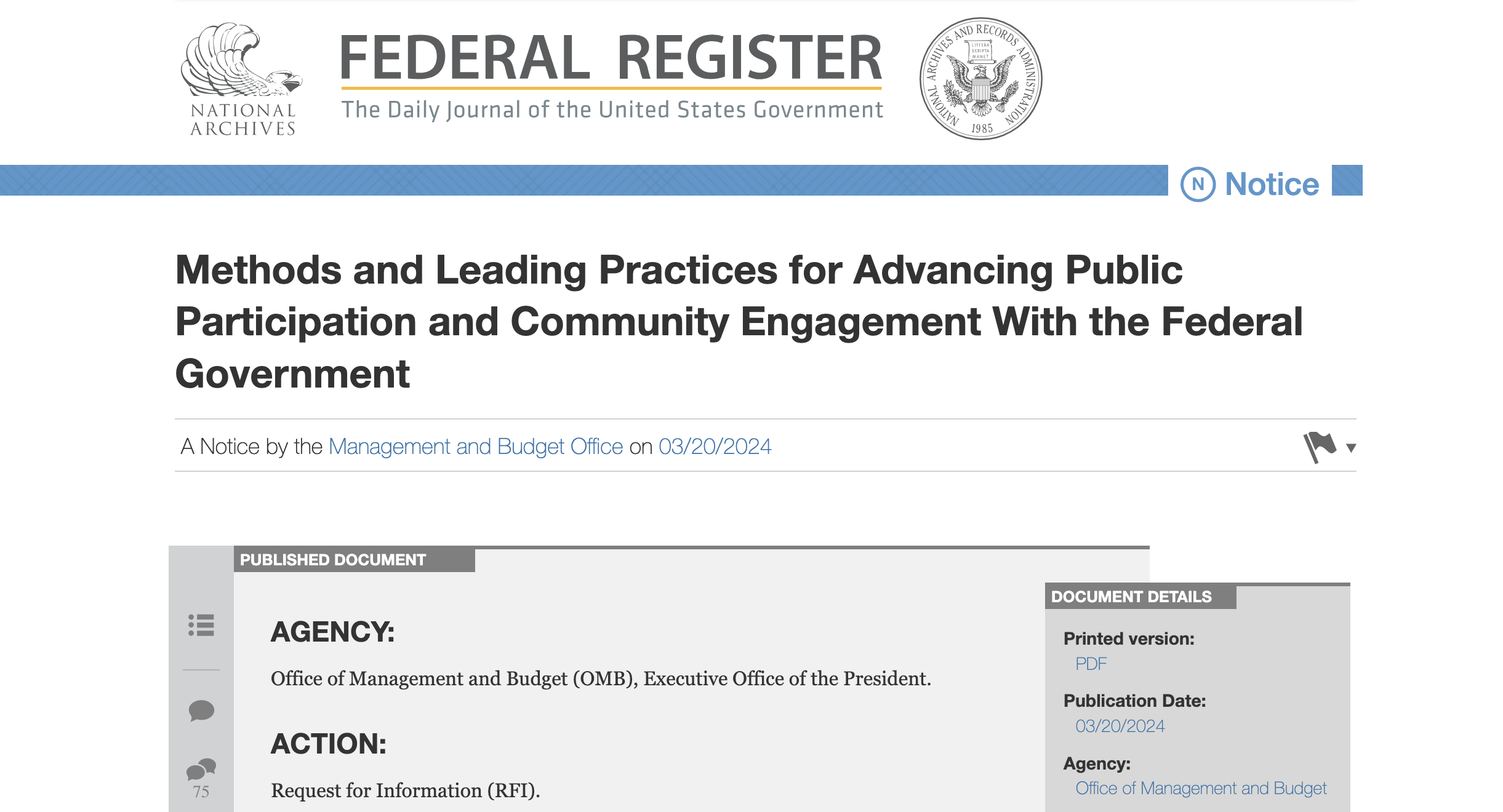PRESS RELEASE: EDGI Works to Safeguard Federal Environmental Data and Information
In anticipation of a second and likely more significant assault on federal environmental information by the Trump administration, the Environmental Data and Governance Initiative (EDGI) is ramping up its website monitoring work, coordinating a broad multi-organizational data preservation effort, and expanding its civic data science tools for accessing federal environmental data. EDGI is also supporting the End of Term Archive as it works to build the largest archive of federal web-based data and information ever created.

